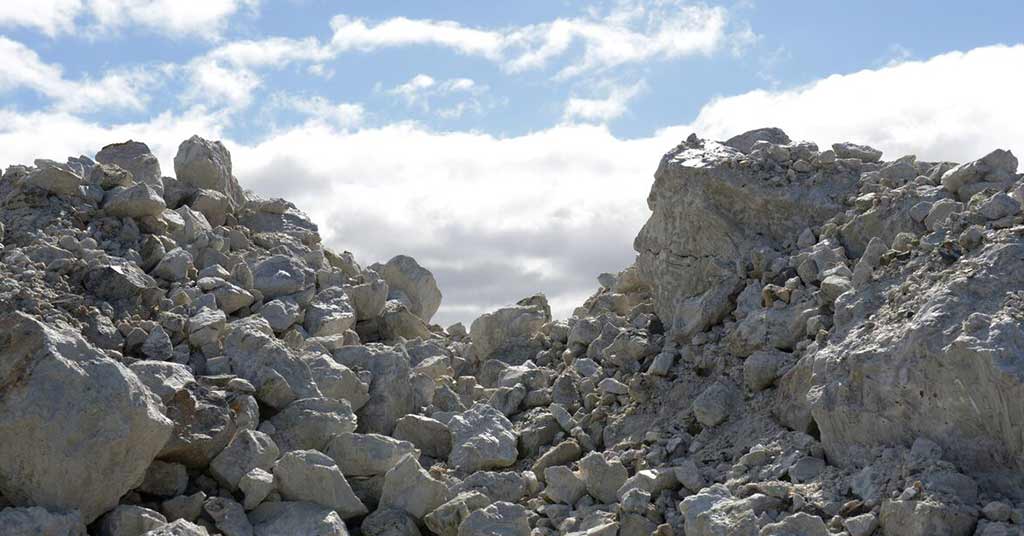Welcome To ChemAnalyst

India: Ban on Lithium mining in India has been lifted, along with five other minerals. The Cabinet approved the mining auction proposal, and private companies will also be able to mine the six minerals. Geological Survey of India recently identified Lithium inferred resources (G3) of 5.9 million tonnes in Salal-Haimana, Jammu & Kashmir, marking the first-ever discovery of Lithium reserves in the country, and positioning India as the world's seventh-largest resource of Lithium. However, further studies will be needed to determine the quality of the Lithium and confirm it can be recovered.
This discovery is significant because Lithium is a critical element used in batteries for electric vehicles, mobile phones, and other electronic devices. The Geological Survey of India (GSI) established inferred resources of Lithium in the Reasi district of Jammu and Kashmir. The discovery has led to hopes that India may be able to reduce its dependence on imported Lithium. Additionally, there are concerns about how the discovery will affect the local community and the environment.
The importance of Lithium-ion batteries has grown significantly as the world shifts towards sustainable fuel options, particularly in the context of electric vehicles (EVs). EVs will make up nearly 60 percent of new car sales by 2030, which drives up the demand for Lithium. The batteries used in EVs require a substantial amount of Lithium. For example, a Tesla Model S battery needs approximately 12 kg of Lithium.
From electric vehicles, Lithium-ion batteries have extensive applications in various other electronic products. According to industry experts, enabling private companies to mine Lithium sustainably could be a significant development. Allowing private companies to participate will result in the use of state-of-the-art technologies for exploration, mining, and refining. The primary advantage of this would be the establishment of a domestic ecosystem for refining battery materials, which could lead to cost savings and the development of intellectual property, among other favorable agglomeration effects, as per Rajat Verma, founder and CEO of Lohum Cleantech.
India has been reliant on imports for essential minerals such as Lithium, cobalt, and nickel. However, to reduce dependence on imports and expand further in the electric vehicle (EV) manufacturing sector, experts believe that the Indian government has lifted its previous ban on Lithium mining. Currently, due to the limited size of the Indian EV market, local companies face challenges when competing with Chinese players in resource procurement. Rajat Verma, founder and CEO of Lohum Cleantech, states. Believe this [lifting of the mining ban] can change with the use of domestic resources along with an export orientation to increase the addressable market for Lithium-bearing finished products.
Bolivia currently has the highest Lithium resources at 21 million tonnes, followed by Argentina with 19 million tonnes, Chile at 9.8 million tonnes, Australia at 7.3 million tonnes, and China at 5.1 million tonnes. Ronak Pol, team lead for strategy at the Foundation for Economic Development (FED), states that China is currently the dominant player in the global supply of batteries due to its ability to produce raw materials and manufacture cells at scale. However, with India's recent discovery of Lithium valued at Rs34 trillion, the country has a significant opportunity to tap into the rapidly growing $300 billion+ global EV market in a competitive manner.
Rising demand and price of Lithium-ion cells have made cost-effectiveness a critical factor. However, if India can rapidly expand its production capabilities, it has the potential to compete with China and South Korea in supplying Lithium-ion batteries globally. While Lithium is commonly used for renewable energy sources such as electric cars and solar panels, mining and extraction methods can be environmentally intensive, resulting in pollution, land degradation, and groundwater contamination.
Fossil fuel mining, including Lithium and cobalt mining, emits approximately 34 billion tonnes of carbon dioxide equivalent (CO2e) worldwide annually. Coal, oil, and gas account for 45%, 35%, and 20% of this emission, respectively. Despite this, the amount of carbon emitted from Lithium mining is considerably lower than that of fossil fuels, estimated to be around 1.3+ million tonnes of carbon per year. Each tonne of mined Lithium results in 15 tonnes of CO2 emitted into the atmosphere.
Process of producing Lithium through evaporation ponds requires a significant amount of water, with approximately 2.2 million liters of water being necessary to produce one tonne of Lithium. In Chile, which possesses one of the world's largest Lithium reserves, mining Lithium has caused water resources to be diverted and polluted, negatively impacting local communities. Although the Chilean government has lifted the ban on Lithium mining, environmental concerns must be considered.
We use cookies to deliver the best possible experience on our website. To learn more, visit our Privacy Policy. By continuing to use this site or by closing this box, you consent to our use of cookies. More info.
